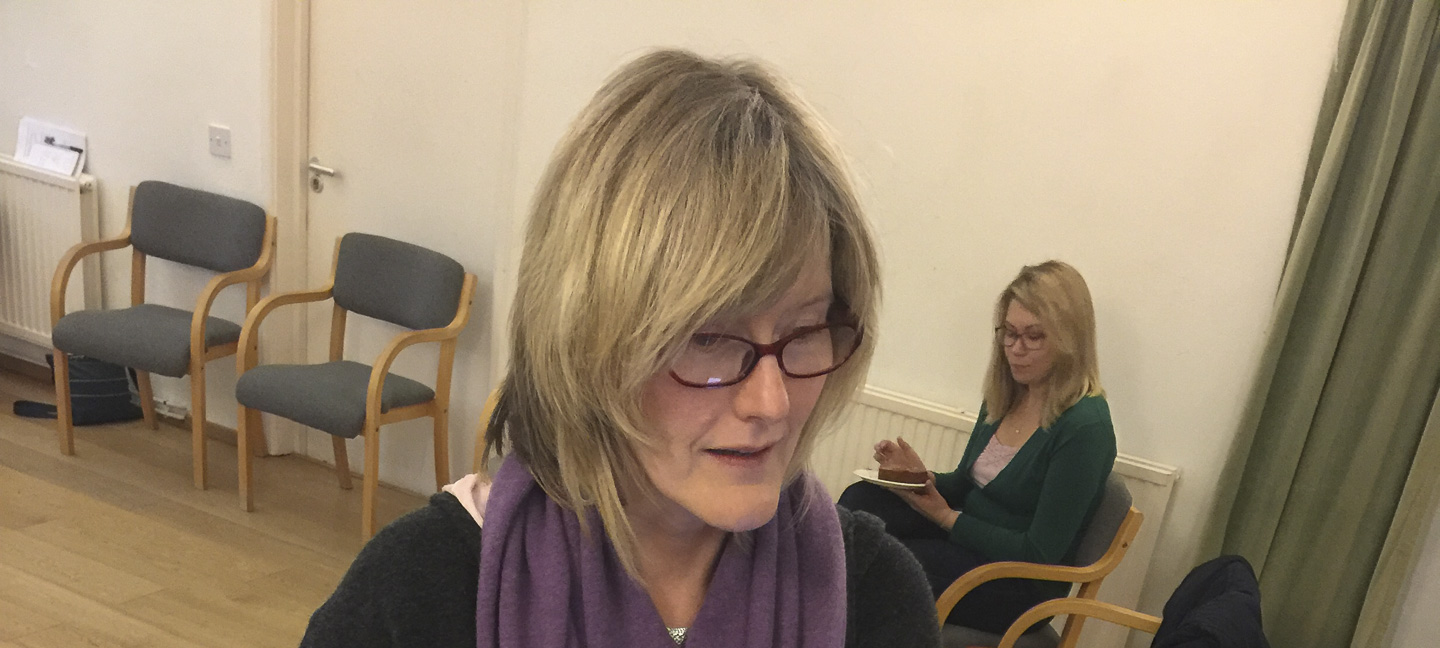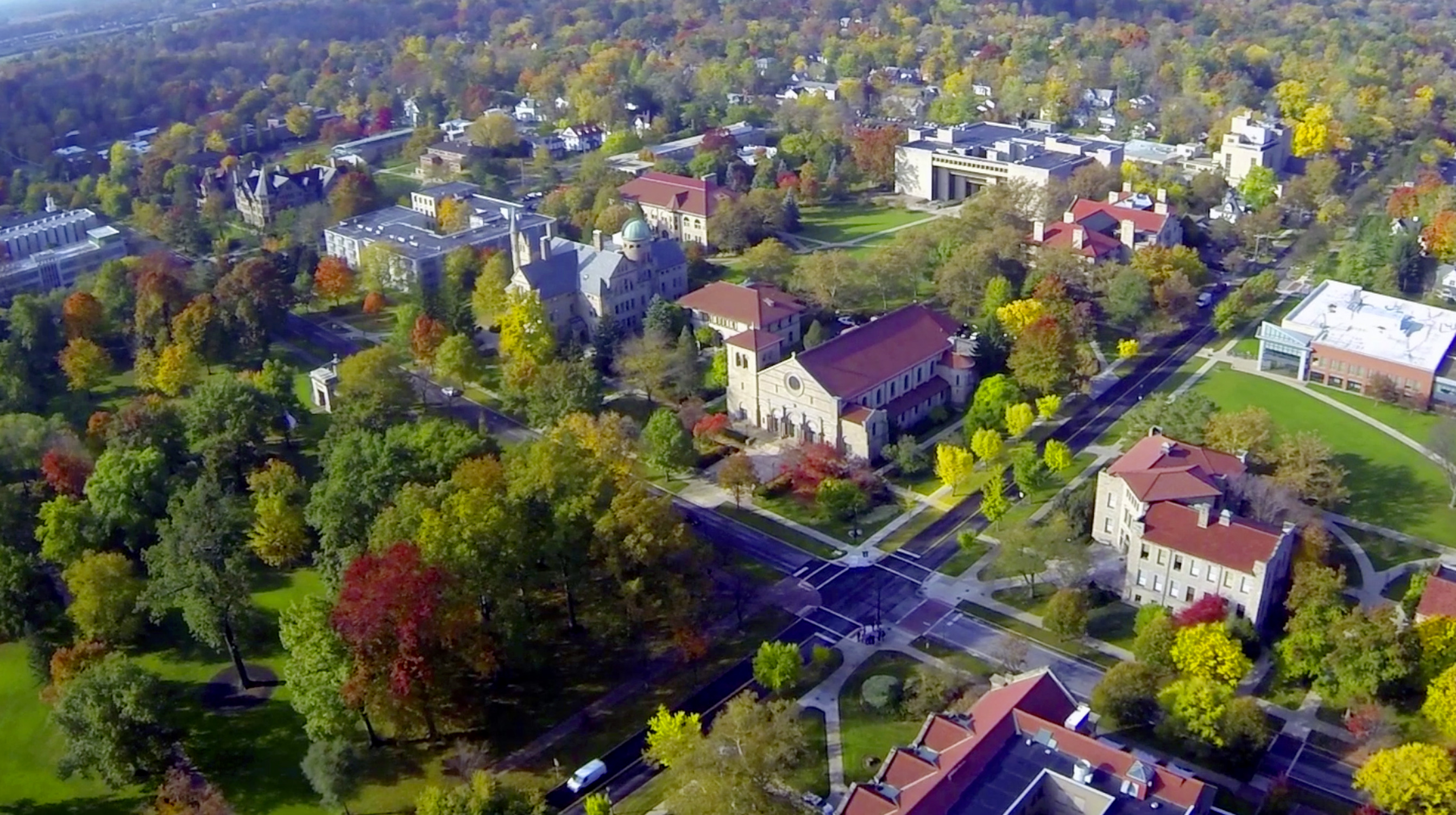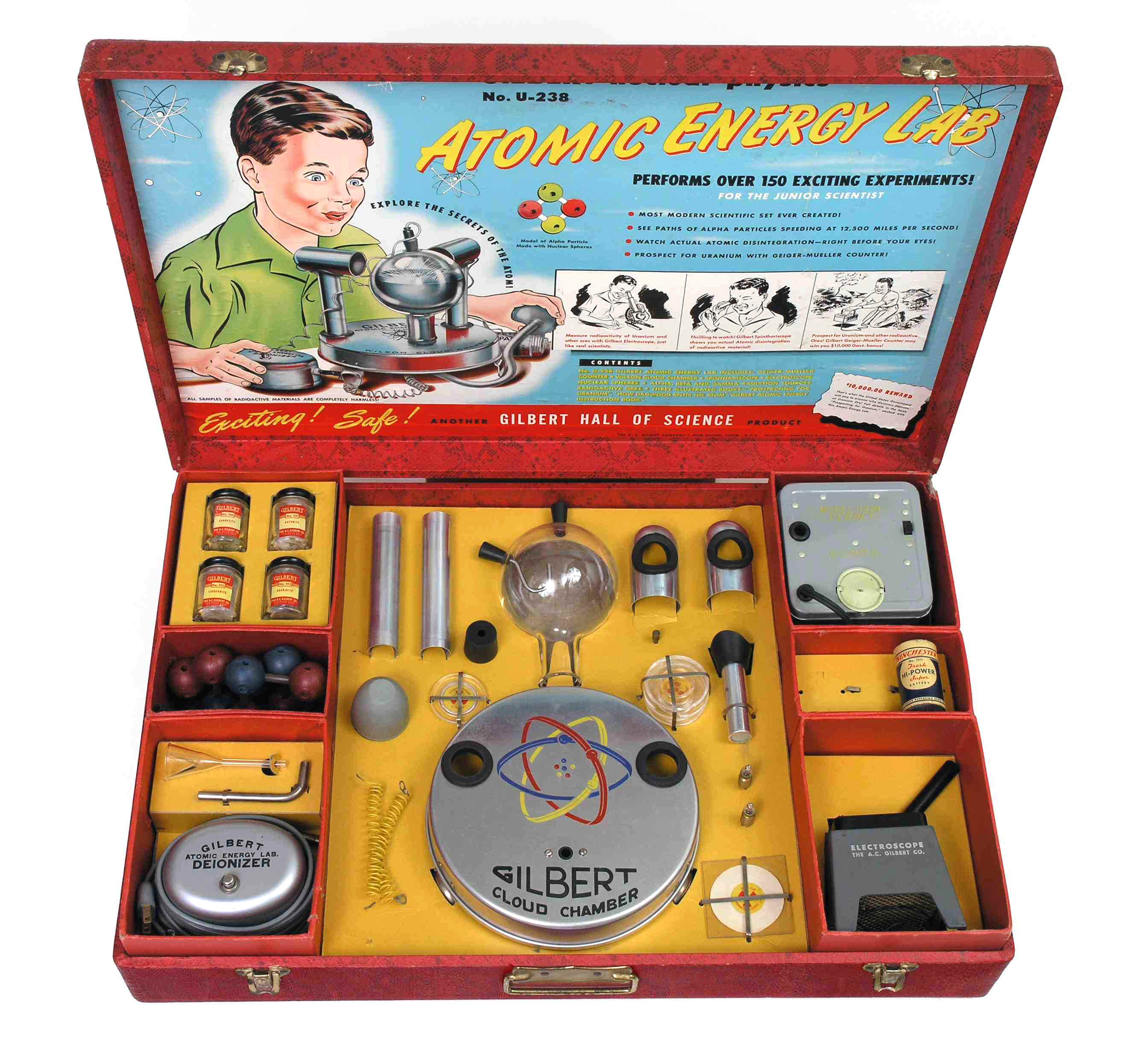
A guest blog post by Catherine Russ We recognise this is an era of radical and disruptive change in every facet of society. We wrestle with our tried and tested ways of working in the past so that they stay relevant in an increasingly complex present. Where we seek passion and purpose, work remains, more often than not, stress and drudgery. And that is consistent wherever people are on the pyramid.









